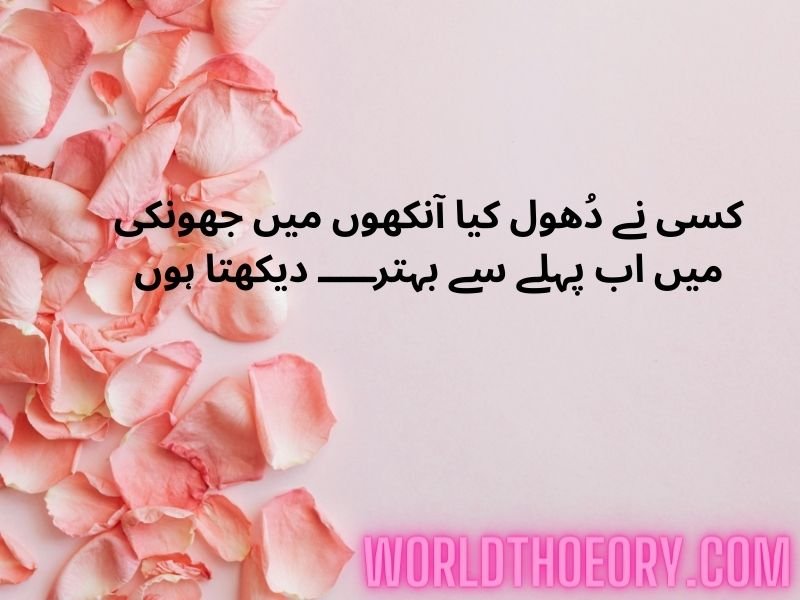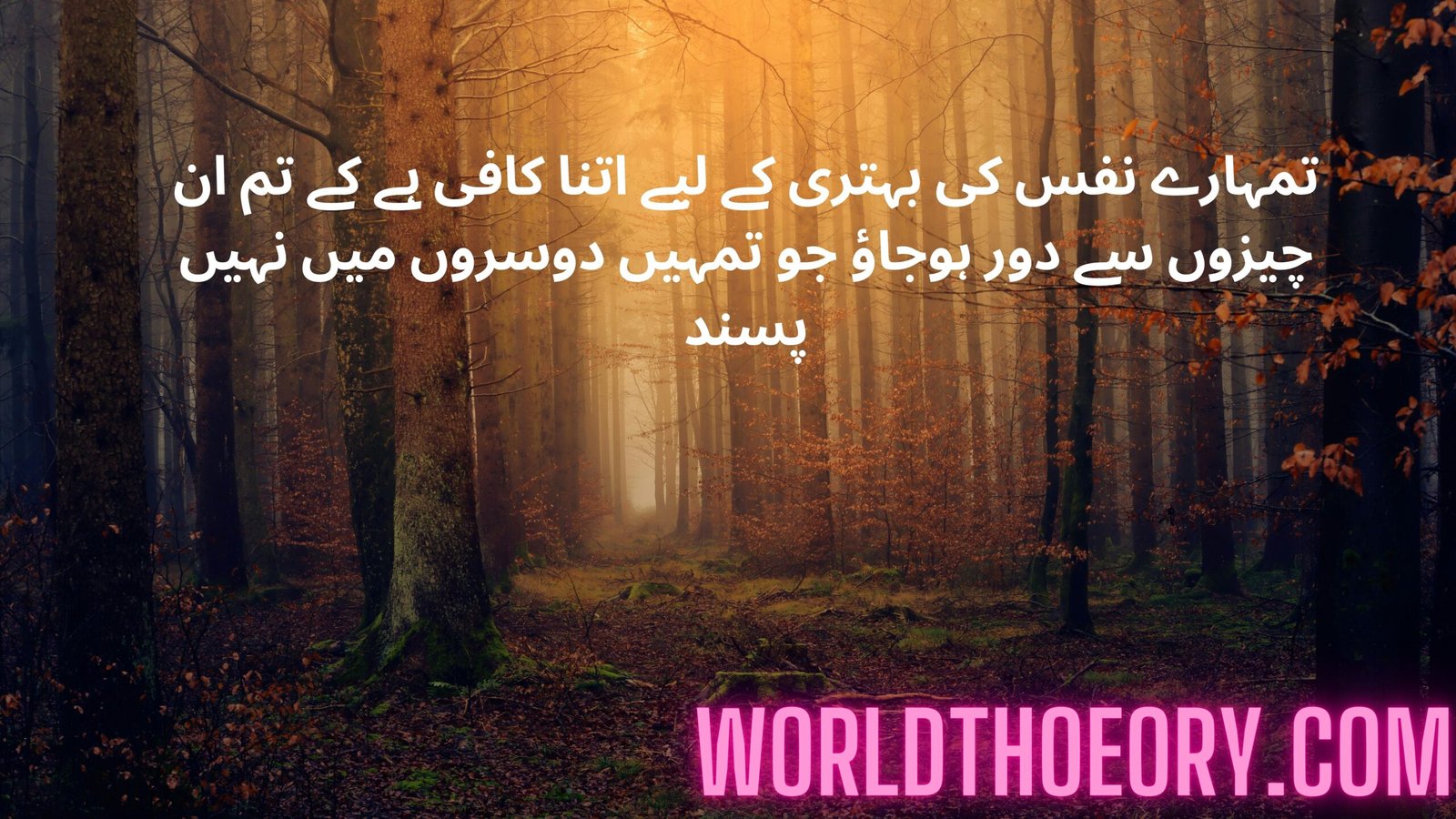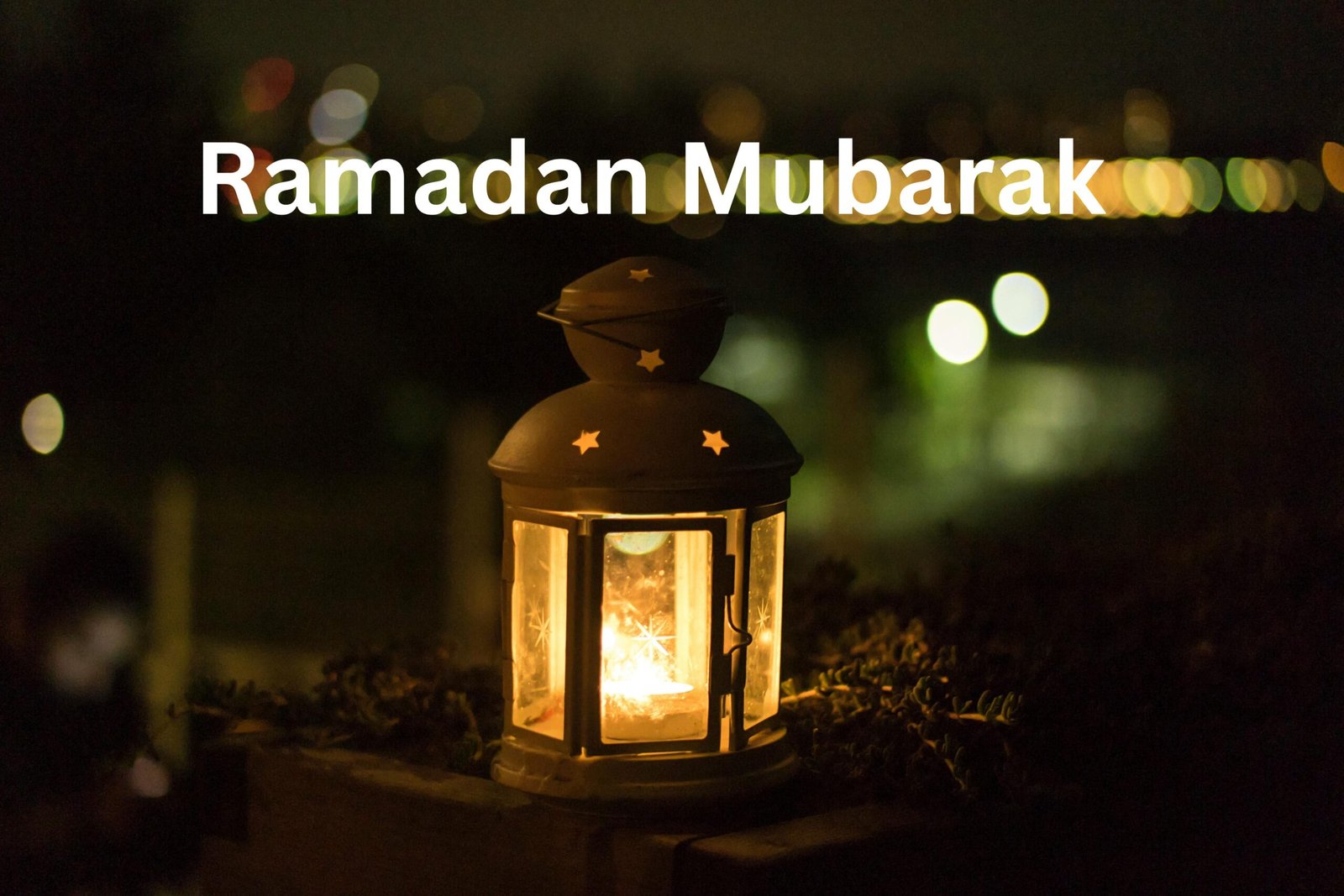
1. Introduction
– Brief overview of the situation in Palestine
– Importance of international pressure on Israel
2. Historical Context
– Roots of the Israel-Palestine conflict
– Previous attempts at resolution
3. Recent Events
– Escalation of violence
– Global response to the crisis
4. Qatar’s Role in the Middle East
– Qatar’s diplomatic influence
– Previous involvement in regional conflicts
5. Pressure on Israel
– International condemnation
– Calls for sanctions
6. Challenges in Achieving Third-Party Mediation
– Complexities of the Middle East dynamics
– Obstacles in finding a neutral mediator
7. Humanitarian Crisis in Palestine
– Impact on the Palestinian population
– Global efforts for aid and relief
8. Role of the United Nations
– UN resolutions and actions
– Effectiveness of UN interventions
9. The Qatar Initiative
– Qatar’s efforts in mediating peace
– Collaborative approach with other nations
10. Reaction from Israel
– Israel’s response to international pressure
– Possibility of cooperation with third-party mediators
11. Public Opinion
– Global sentiment towards the crisis
– Role of social media in shaping opinions
12. Future Prospects
– Potential for resolution
– Long-term implications for the region
13. The Need for Dialogue
– Importance of diplomatic communication
– Building bridges for lasting peace
14. Critiques of International Response
– Analysis of the effectiveness of global actions
– Areas for improvement in addressing the crisis
15. Conclusion
– Recap of key points
– Emphasis on the urgency of finding a solut
In recent times, the Middle East has been marred by the longstanding conflict between Israel and Palestine, leading to the loss of thousands of innocent lives. Despite the grim situation, there is a concerted effort to apply pressure on Israel, with a particular focus on Qatar’s potential role in mediating a third-party solution.
## Introduction
The ongoing crisis in Palestine has sparked international concern, prompting a reevaluation of diplomatic approaches to bring about peace in the region. The urgency of addressing the conflict has led to increased pressure on Israel, and one key player in this endeavor is the Gulf state of Qatar.
## Historical Context
To understand the complexities of the present situation, we must delve into the historical roots of the Israel-Palestine conflict. Decades of tensions and failed attempts at resolution have created a volatile environment that demands a fresh perspective for sustainable peace.
## Recent Events
Recent escalations in violence have garnered global attention, triggering a response from various nations and organizations. Understanding the current state of affairs is crucial in assessing the potential for third-party mediation.
## Qatar’s Role in the Middle East
Qatar, known for its diplomatic prowess in the region, has the potential to play a significant role in mediating the conflict. Previous engagements in regional disputes and diplomatic initiatives make Qatar a key player in the pursuit of lasting peace.
## Pressure on Israel
International condemnation and calls for sanctions have increased the pressure on Israel to reconsider its stance. The effectiveness of these measures and their impact on Israel’s decision-making process are vital aspects of the ongoing diplomatic efforts.
## Challenges in Achieving Third-Party Mediation
The intricate dynamics of the Middle East pose challenges in finding a neutral third-party mediator. Navigating through historical grievances and geopolitical complexities requires a nuanced approach to facilitate constructive dialogue.
## Humanitarian Crisis in Palestine
The toll of the conflict on the Palestinian population cannot be ignored. Humanitarian efforts and global initiatives for aid and relief play a crucial role in addressing the immediate needs of those affected.
## Role of the United Nations
The United Nations, as a global body, has a responsibility to address and resolve conflicts. Analyzing the UN’s resolutions and actions in the context of the Israel-Palestine crisis provides insights into the international community’s stance.
## The Qatar Initiative
Qatar’s diplomatic initiatives, particularly its efforts in mediating peace, are significant in the current scenario. Collaborative approaches involving other nations underscore the importance of a unified front in resolving the conflict.
## Reaction from Israel
Understanding Israel’s response to international pressure and its willingness to engage with third-party mediators is crucial in evaluating the prospects for diplomatic resolution.
## Public Opinion
Public sentiment, shaped by global awareness and social media, plays a pivotal role in influencing diplomatic actions. Analyzing the public’s perspective provides insights into the broader implications of the crisis.
## Future Prospects
Assessing the potential for resolution and considering the long-term implications for the region is essential in crafting sustainable diplomatic strategies.
## The Need for Dialogue
The importance of diplomatic communication cannot be overstated. Building bridges for lasting peace requires a commitment to open and constructive dialogue between conflicting parties.
## Critiques of International Response
A critical analysis of the effectiveness of global actions and areas for improvement in addressing the crisis is necessary to refine diplomatic strategies.
## Conclusion
In conclusion, the urgency of finding a solution to the Israel-Palestine conflict cannot be overstated. The international community, with a focus on Qatar’s potential role, must work collaboratively to pave the way for lasting peace in the region.
# FAQs
1. **What is Qatar’s historical involvement in mediating conflicts in the Middle East?**
Qatar has a history of engaging in diplomatic initiatives in the Middle East, actively participating in mediating regional conflicts.
2. **How effective are international sanctions in pressuring Israel to reconsider its stance on the conflict?**
The effectiveness of international sanctions in influencing Israel’s decision-making process is a subject of ongoing debate.
3. **What role does the United Nations play in resolving the Israel-Palestine conflict?**
The United Nations is a global body responsible for addressing and resolving conflicts, including the Israel-Palestine crisis.
4. **How does public opinion impact diplomatic actions in the context of the Israel-Palestine conflict?**
Public sentiment, shaped by global awareness and social media, has a significant influence on diplomatic decisions.
5. **What are the long-term implications for the Middle East if a resolution to the conflict is not achieved?**
Failing to achieve a resolution could have profound and lasting implications for the stability of the entire Middle East region.








